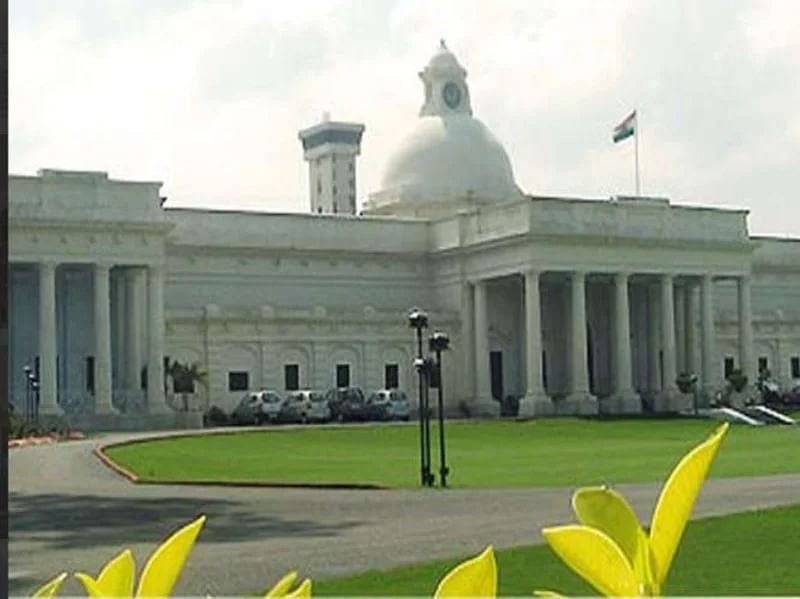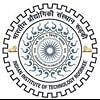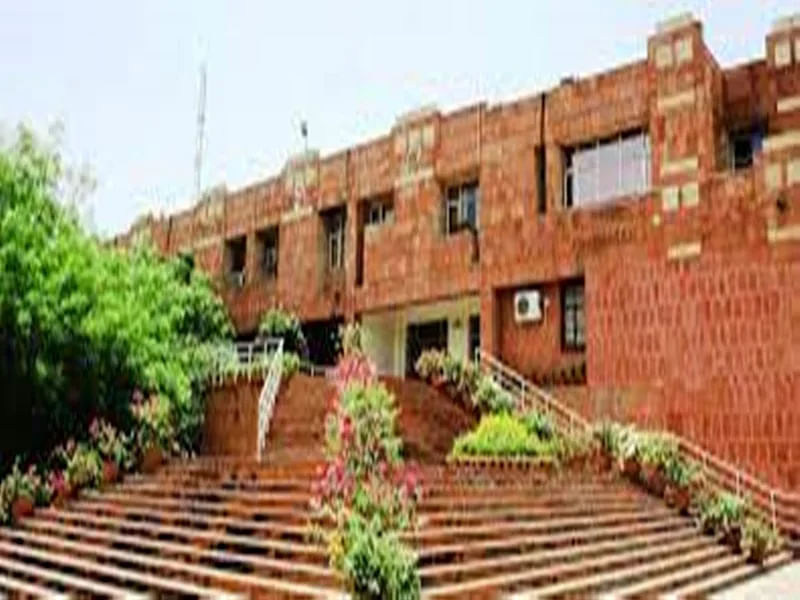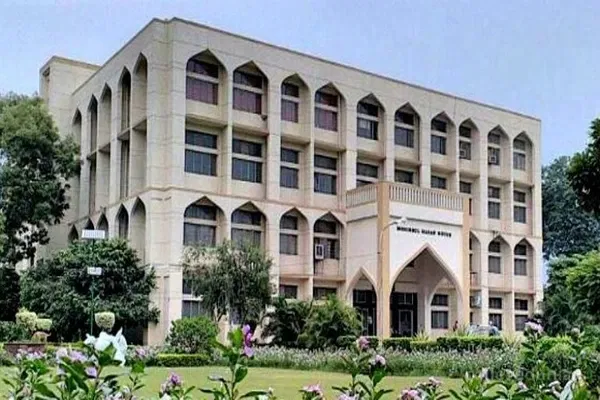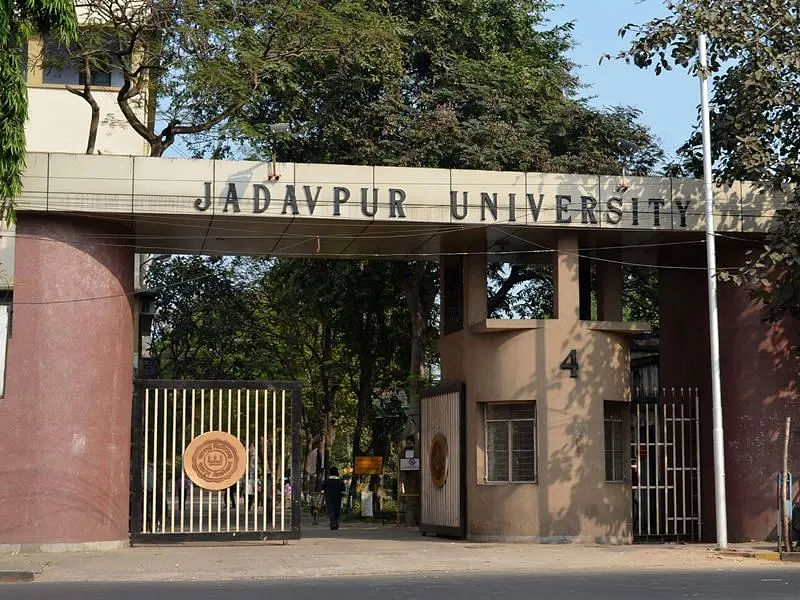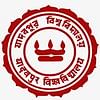M.Sc Biotechnology Syllabus and Subjects

The MSc Biotechnology syllabus imparts practical and theoretical knowledge in subject areas such as chemistry, genetics, microbiology, biology, and geology. The MSc Biotechnology subjects include Bio-molecules, Microbiology, Molecular Cell Biology, Bio-techniques, Bioinformatics, Enzyme Technology, and much more.
The M.Sc in Biotechnology course is well-structured and aims to give a comprehensive understanding. Students get to acquire an in-depth analogy of the functions of biotechnology in food, agriculture, engineering, animal, plant life, organisms, etc.
Table of Content
Semester Wise MSc Biotechnology Syllabus
The syllabus of MSc Biotechnology equips students with an essential insight into DNA profiling, transgenesis, genome analysis, stem cells, and tissue engineering. The M.Sc in Biotechnology syllabus is divided into four semesters in which the first three years include practical and theory while the research dissertation submission at the fourth semester. The semester-wise M.Sc Biotechnology syllabus is given below:
First-Year MSc Biotechnology Syllabus
MSc Biotechnology 1st semester syllabus covers the fundamental areas whereas MSc Biotechnology 2nd semester syllabus includes functional aspects of biotechnology. The subjects under the first-year MSc Biotechnology syllabus are given below:
|
Semester I |
Semester II |
|
Biomolecules |
Genetics & Molecular Biology |
|
Bioanalytical Techniques and Biophysics |
Enzymology and Enzyme Technology |
|
Molecular Biology |
Biochemistry & Metabolic Regulation |
|
Microbiology and Microbial Technology |
Recombinant DNA Technology |
|
Biophysical Chemistry & Instrumentation |
Immunology and Stem cell |
|
Cell Biology |
Genetic Engineering and Gene therapy |
Practical Topics in the First-year MSc Biotechnology Subjects
Practical subjects get included in the M.Sc Biotechnology 1st semester syllabus itself. Some of the practical subjects in the 1st year MSc Biotechnology syllabus are given below:
- Estimation of proteins by different methods
- Analysis of oils-iodine number, saponification value, acid number
- Study of meiosis from grasshopper testes/flower bud
- Preparation of human karyotype
Second-Year MSc Biotechnology Syllabus
The subjects under the second-year syllabus of MSc Biotechnology are given below:
|
Semester III |
Semester IV |
|
Genomics and Proteomics |
Medical Biotechnology, IPR, Bio-safety, and Bio-ethic |
|
Plant and Animal Biotechnology |
Environmental Biotechnology |
|
Proteomics and Protein Engineering |
Bioprocess Engineering & Microbial Technology |
|
Bio-informatics |
Electives |
| Electives | Industrial Training / Project |
Practical Topics in the Second-year MSc Biotechnology Subjects
Some of the practical subjects in the 2nd year MSc Biotechnology syllabus are given below:
- Extraction of genomic DNA and RNA
- Study of semiconservative replication in mammalian cells
- Preparation of competent cells and Bacterial transformation
- Preparation of metaphase chromosomes from cultured cells
Note: MSc Biotechnology syllabus can differ for different colleges. However, students can access the M.Sc Biotechnology syllabus pdf by visiting the college website to know more about the curriculum.
MSc Biotechnology Subjects
MSc Biotechnology subjects include several areas of Environmental, Medical, Industrial, Plant, Molecular, Animal, and Pharmaceutical biotechnology. M.Sc Biotechnology subjects also cover the fundamental areas of genetics, genomics, cell engineering, etc. Some of the core and elective M.Sc Biotechnology subjects are given below:
Core Subjects:
Some of the core subjects in the syllabus of MSc Biotechnology are given below:
- Biochemistry
- Genetics
- Cell and Cancer Biology
- Immunology
- Microbiology and Microbial Technology
- Genetic Engineering and Gene therapy
Elective Subjects:
Some of the elective subjects in the MSc Biotechnology syllabus are given below:
- Pharmaceutical Biotechnology and drug designing
- Research Methodology and Biostatistics
- Computational Biology
- Food Packaging Technology
- Virology
- Clinical Microbiology
MSc Biotechnology subjects in Detail
The subjects in MSc Biotechnology are diverse and spread across several domains of modern and traditional biotechnology concepts. a detailed view of M.Sc Biotechnology subjects is given below:
|
MSc Biotechnology Subjects |
Topics Covered |
|
Anatomy |
Gross Anatomy, Histology and Histochemistry, Genetics, Developmental Anatomy, Immunology |
|
Biochemistry |
Structure and Function of Carbohydrates, Proteins and Lipid, Principles of Thermodynamics, Techniques in the Study of Proteins |
|
Biophysics |
Cell and Molecular Biology, Radiation Biophysics, Electronics, Dynamics of Nonlinear Processes |
|
Pharmacology |
General Pharmacological Principles and Applied Sciences, Toxicology, Molecular Biology in Pharmacology, Isolation of Compounds From Herbal Sources |
|
Physiology |
General & Cellular Physiology, Hematology, Renal Physiology & Fluid Balance, Cardio-vascular Physiology, Respiration |
|
Urology Technology |
Embryology and development of the GU system, Antibiotics, Fluids and miscellaneous, Microbiology and Sterilization |
M.Sc in Biotechnology Course Structure
M.Sc Biotechnology syllabus comprises four parts: foundation, seminars, core, research, and projects. Students are required to appear for seminars, field trips, projects, and lab work, along with several skill development programs. The general course structure is given below:
- IV Semesters
- Core subjects
- Practical and Laboratory
- Research Dissertation Work
- Projects
M.Sc in Biotechnology Teaching Methodology and Techniques
The M.Sc in Biotechnology degree curriculum includes various teaching methods. Submitting assignments, traditional classroom lectures, labwork, interactive classroom sessions, and guest lectures are frequently used for effective learning. Some of the teaching methodologies adopted in the course are as follows:
- Practical & Laboratory sessions
- Experimentation
- Guest Lectures, Seminars, and Workshop
- Group Assignment and Discussion
- Learning through Industrial Visit
- Research & Development
M.Sc in Biotechnology Projects
The students can take the M.Sc in Biotechnology project topics based on their elective subjects and chosen domain, which motivates them to develop additional knowledge which contributes to the overall course understanding. Some of the project topics under the MSc in Biotechnology syllabus are given below:
- Biomanufacturing
- Renewable Energy Technology Management Promoting Village.
- Bioprinting
- Production of ethanol using molasses and its effluent treatment.
M.Sc in Biotechnology Reference Books
Reference books help students to understand various subjects and topics covered in the course curriculum and also assist with expanding knowledge and vision about multiple topics covered in the class. Some of the best M.Sc in Biotechnology books are given below:
|
Books |
Authors |
|
An Introduction to Biostatistics |
P.S.S. Sunderrao and J. Richards & Prentice Hall |
|
Analytical Biochemistry |
Holme |
|
Chemical Microbiology |
Rose |
|
Chromatography: Concepts and Contrasts |
James Miller, John Wiley, and Sons |
|
Lab Manual in Biochemistry |
J. Jayaraman |
Top M.Sc Biotechnology Colleges
Top Science Entrance Exams
M.Sc Biotechnology Fee Structure
FAQs on M.Sc Biotechnology Syllabus and Subjects
Q: What is the 1st year syllabus of MSc Biotechnology?
Q: What are the core subjects of MSc Biotechnology?
Q: What are the elective subjects in MSc Biotechnology?
Q: What are the MSc Biotechnology projects?
Q: What are the important books for MSc Biotechnology?


